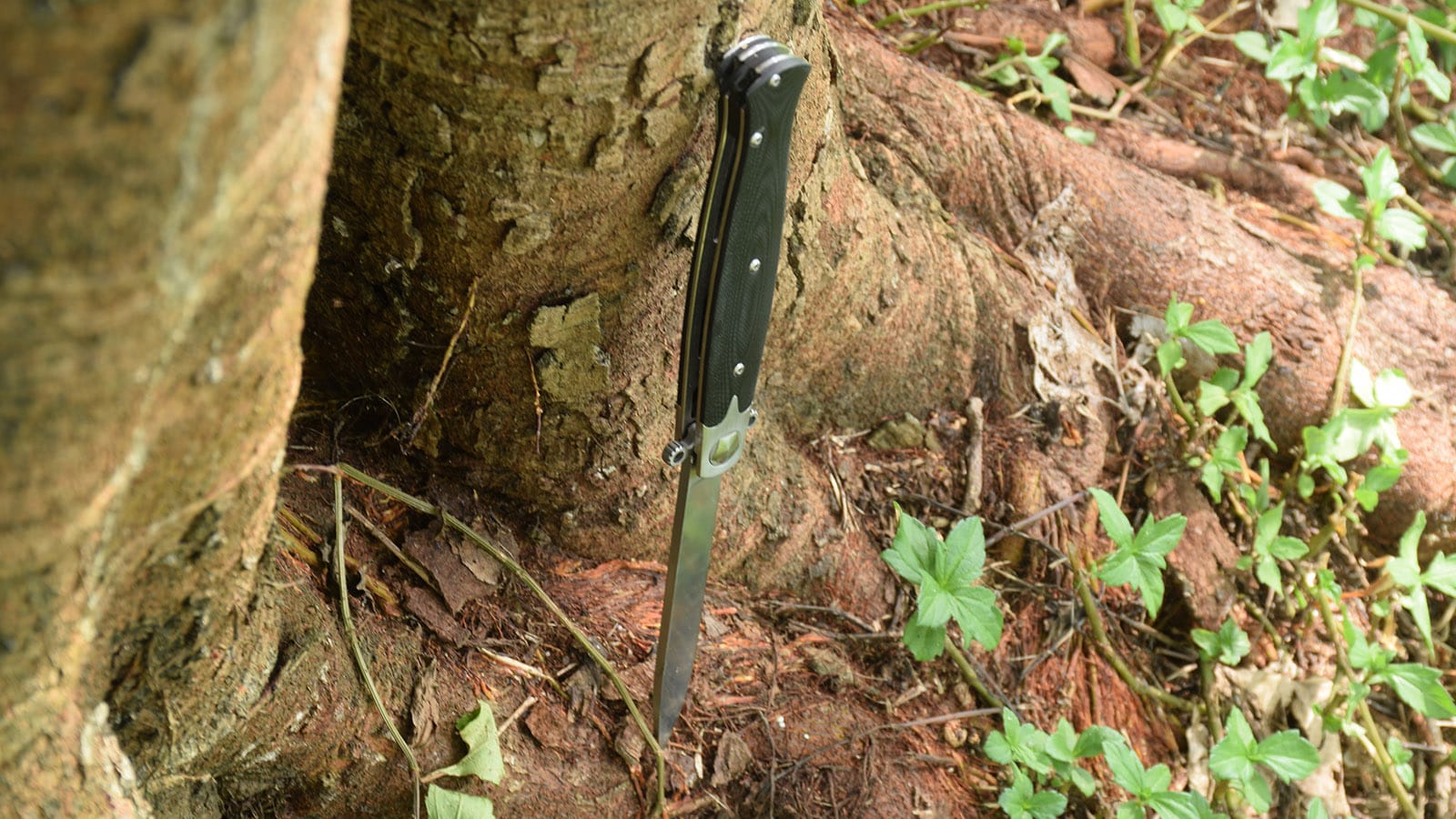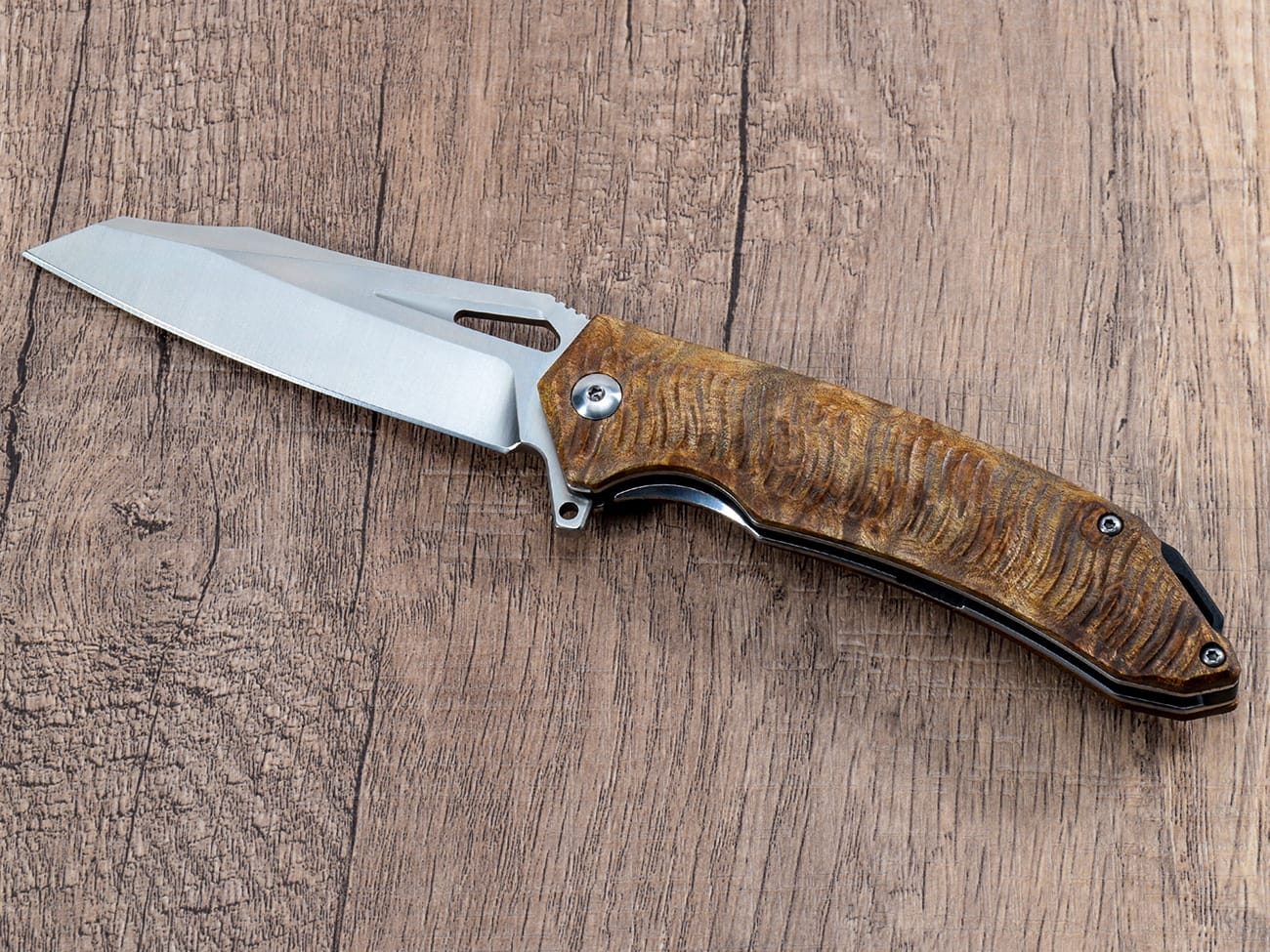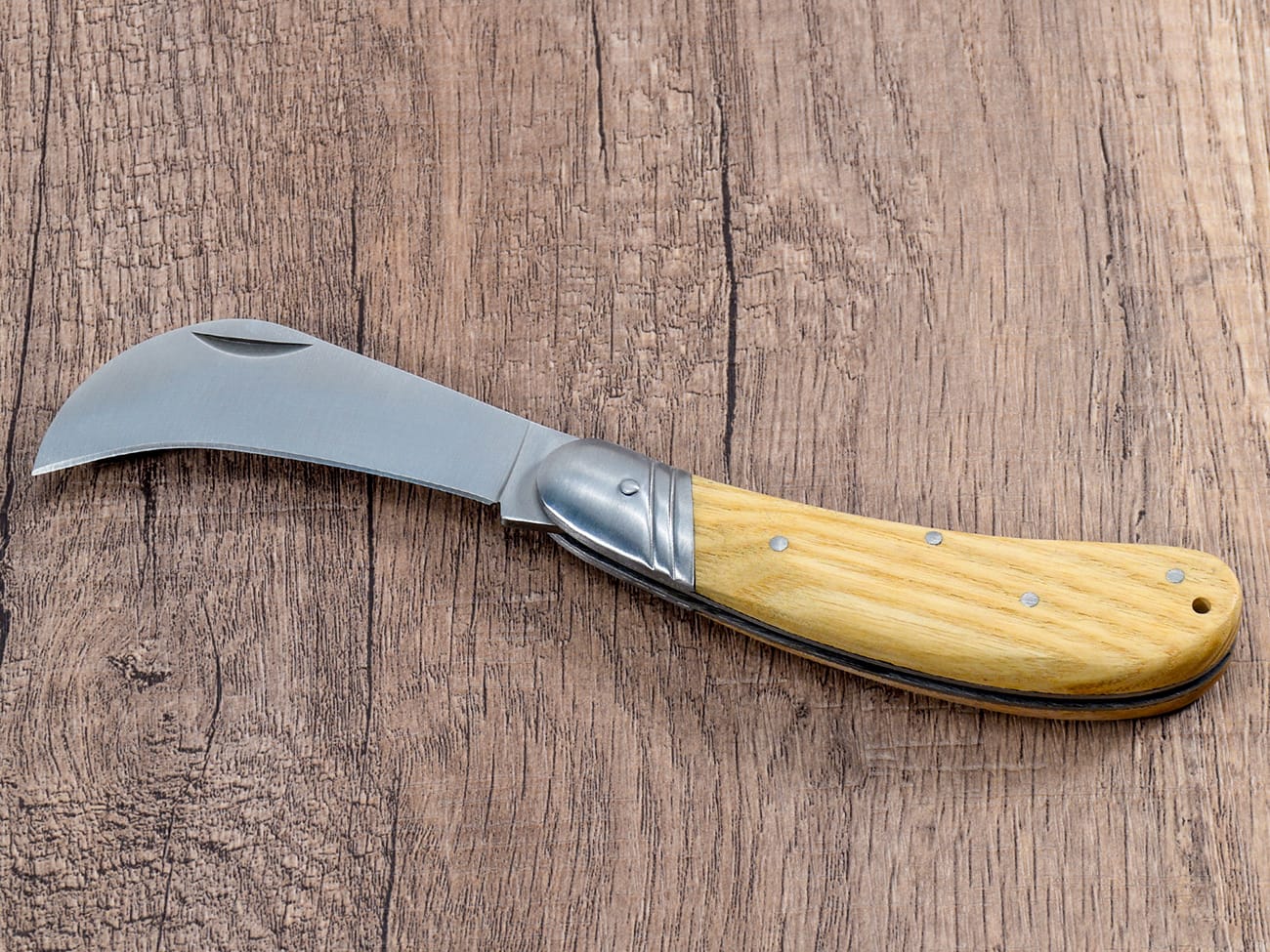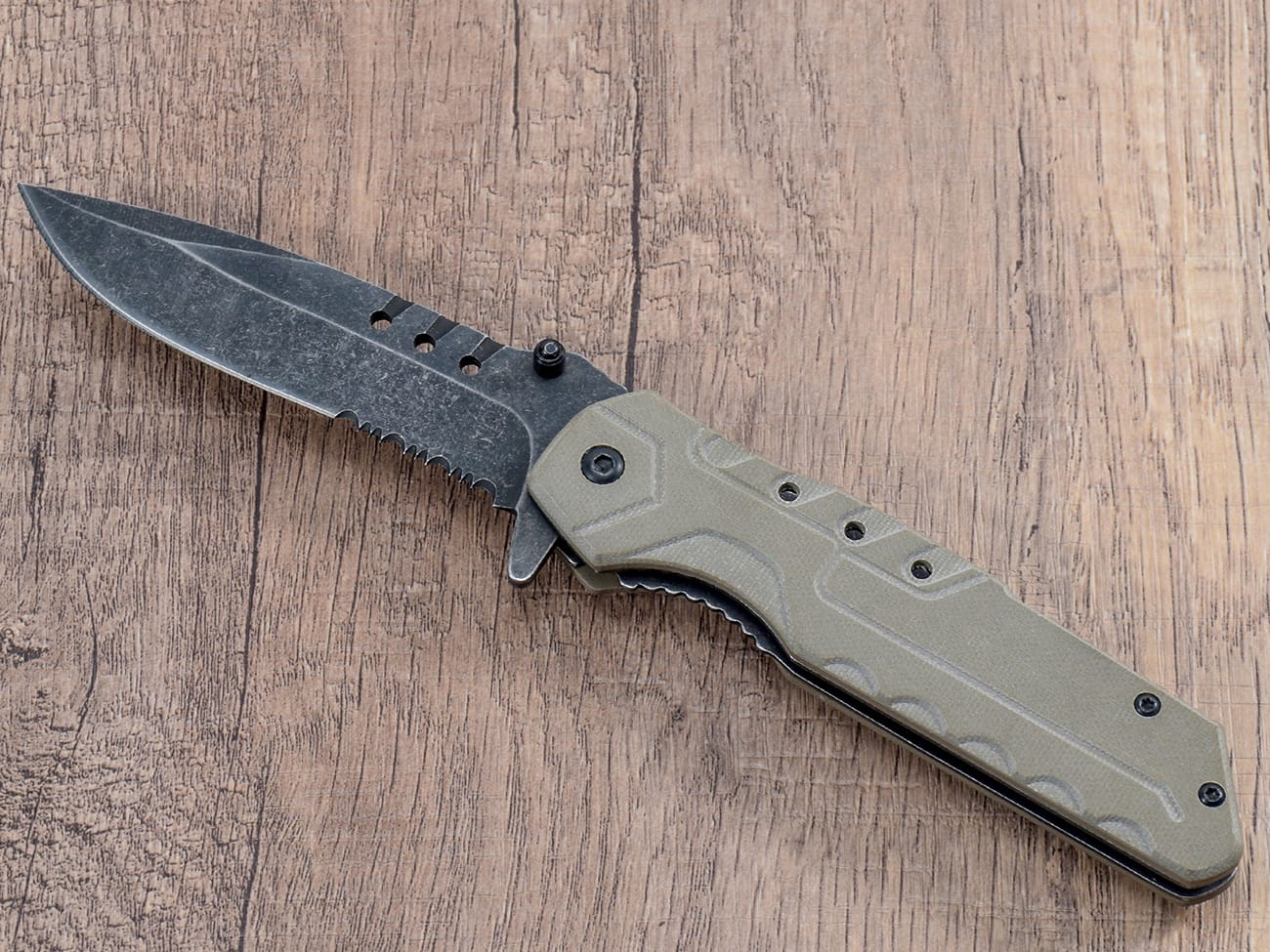Are you interested in learning how to spin a pocket knife safely and impressively? This comprehensive guide will teach you everything you need to know about knife spinning tricks, from basic rotations to advanced techniques. Whether you’re a folding knife enthusiast or just getting started with EDC knives, this tutorial will help you develop your skills while prioritizing safety.
What is Pocket Knife Spinning?
Knife spinning is a form of object manipulation that combines dexterity, coordination, and practice to create fluid movements with a pocket knife. Similar to pen spinning or butterfly knife tricks, this skill requires proper technique and careful attention to safety.
Is Knife Spinning Safe?
Safety should always be your top priority when learning to spin a knife. Here are some essential precautions:
- Start with a dull blade or training knife
- Practice over a soft surface
- Maintain focus while spinning
- Keep your movements controlled
- Use a knife with a secure liner lock
Choosing the Right Knife for Spinning
Not all knives are suitable for spinning. Look for these characteristics:
- Balanced weight distribution
- Comfortable handle grip
- Secure locking mechanism
- Appropriate size for your hand
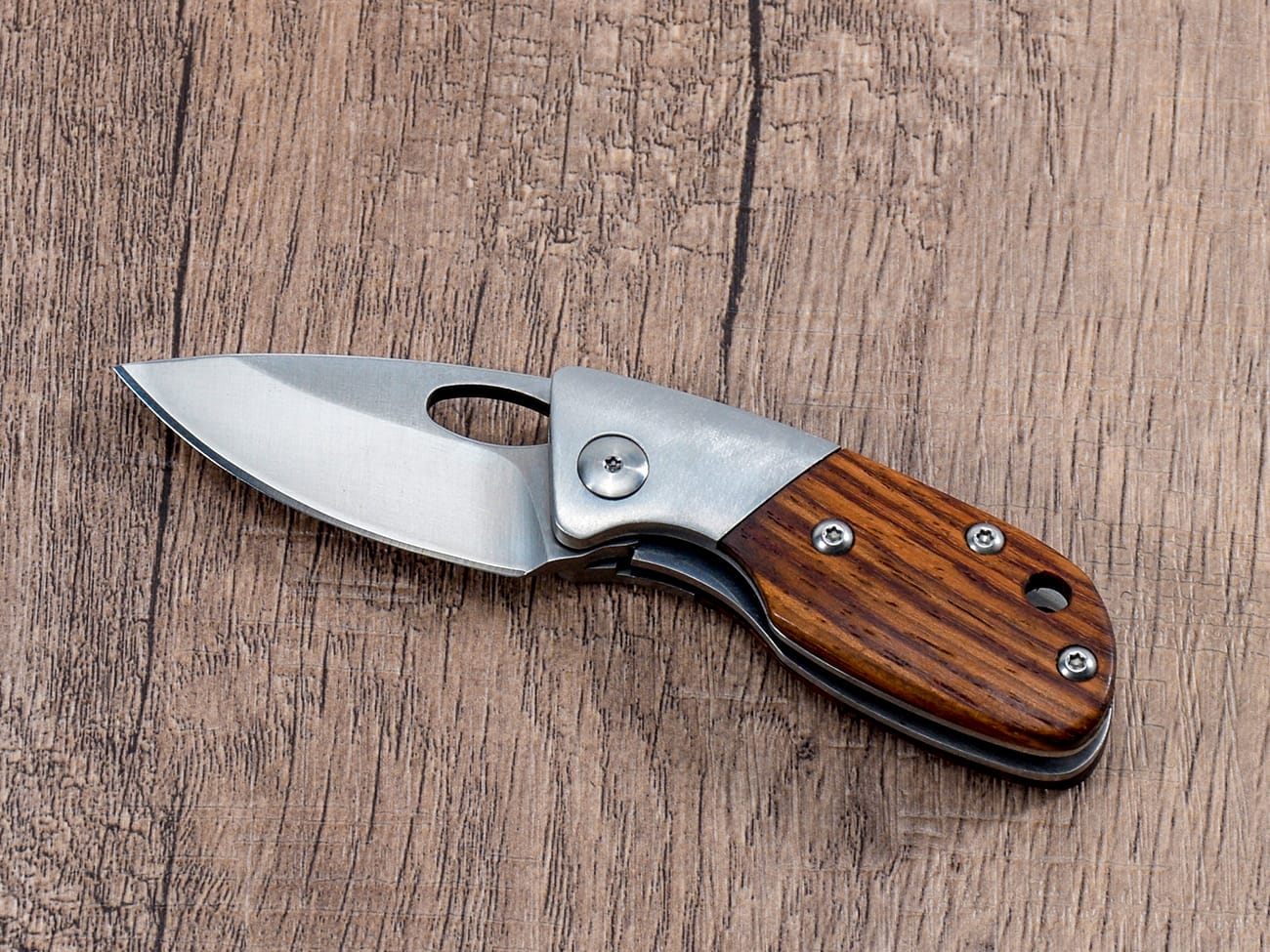
A well-balanced custom EDC knife perfect for spinning practice
Basic Grip Techniques
Before attempting any spins, master these fundamental grips:
- Standard grip: Hold the knife between your thumb and index finger
- Pinch grip: Lightly pinch the handle with your thumb and middle finger
- Loose grip: Hold the knife loosely enough to facilitate rotation
Starting with Simple Spins
Begin with these basic spinning techniques:
- Basic 360° rotation
- Forward flip
- Reverse spin
- Thumb roll
Advanced Spinning Techniques
Once you’ve mastered the basics, try these more complex moves:
- Index finger spin
- Butterfly opening
- Continuous rotation
- Multiple finger transitions
Common Mistakes to Avoid
Watch out for these frequent errors:
- Gripping too tightly
- Rushing the movements
- Ignoring safety precautions
- Using an inappropriate knife
How to Practice Safely
Follow these guidelines for safe practice:
- Start slowly
- Master each move before progressing
- Practice regularly but in short sessions
- Always maintain awareness of your surroundings
Building Finger Strength and Dexterity
Improve your spinning abilities by:
- Practicing finger exercises
- Using stress balls
- Performing grip training
- Working on individual finger control
Troubleshooting Your Technique
If you’re having difficulties, check for:
- Proper grip pressure
- Correct finger positioning
- Smooth rotation points
- Balanced knife handling
Essential Maintenance for Spinning Knives
Keep your spinning knife in top condition:
- Regular cleaning
- Proper lubrication
- Lock mechanism checks
- Handle maintenance
Key Points to Remember:
- Safety first: Always use appropriate caution
- Practice makes perfect: Dedicate time to regular practice
- Start simple: Master basic moves before advancing
- Maintain your knife: Keep it in good working condition
- Stay focused: Concentration is crucial for success
- Choose the right knife: Use appropriate tools for spinning
- Build gradually: Progress at a comfortable pace
- Monitor grip strength: Maintain proper pressure
Internal Links Used:
Remember: Knife spinning takes practice and patience. Start slow, prioritize safety, and gradually build your skills. With dedication and proper technique, you’ll be able to perform impressive knife spinning tricks while maintaining control and safety.

